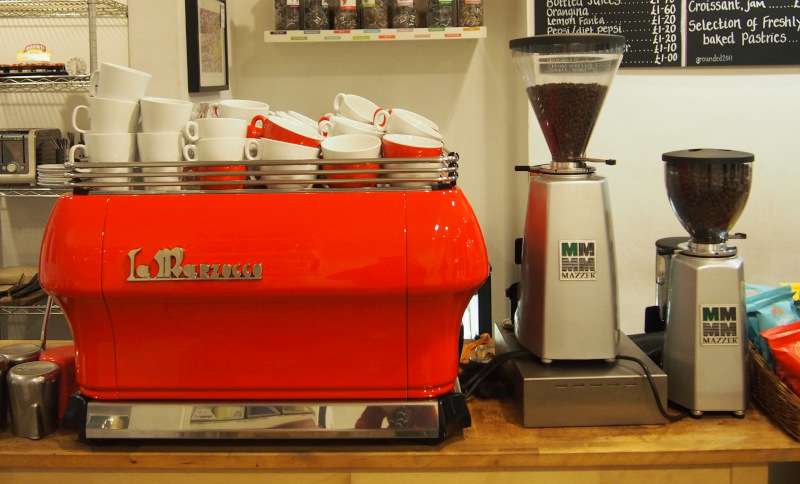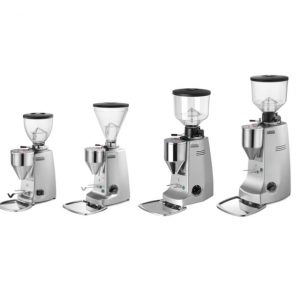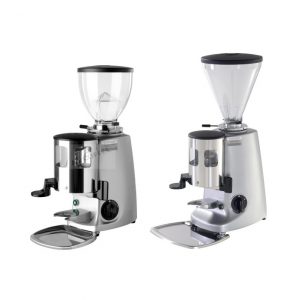New to serving coffee? How to set up and serve coffee in your business.
This page is dedicated to those of you whose passion for coffee outweighs your experience of brewing coffee and serving it.
If you are embarking on your first coffee business, we’re here to help. First stop, some tips to get you started on the best coffee journey for you and your customers. This is based on our experience of running an espresso machine rental company, and the common mistakes that our past and present customers have made.
Coffee business location
The location of your coffee business is key. There should be a lot of people walking past on a regular or consistent basis. As they walk past, it should be obvious to them that they can buy good coffee from you. If you cannot find a location like this, be patient. It is better to wait for the right location rather than start a business without the customer base needed to make your business a success. You should also consider your competition, check the local area for other coffee businesses, if there are too many established businesses selling good coffee then keep looking.
What type of coffee should I serve?
There are 2 types of coffee to consider, speciality coffee and commercial coffee.
- Speciality coffee is scored above 85 out of 100 when it is cupped (tasted) by professional coffee tasters known as Q graders.
- Commercial coffee is all of the coffee that does not fall into the speciality coffee category.
Speciality coffee is roasted to a light or medium darkness with the intention of showcasing natural qualities of coffee. It is generally sweet and well balanced. Commercial coffee is roasted to a medium or dark level and is generally more bitter than speciality coffee.
There is no right or wrong answer when asking which type is best. If someone likes a dark roast and another prefers a lighter roast they are both right as long as they both enjoy their coffee. Commodity coffee has been around for centuries whereas speciality coffee has been growing in popularity in the last few decades.
If you are planning on serving coffee to others it is important that you enjoy the coffee you are serving. Therefore you should ask yourself – what type of coffee do I like? If you are unsure, go to some coffee shops and try the coffee so you can form an opinion. When you walk into a coffee shop you can quickly determine how dark the coffee has been roasted because it is usually visible in the clear plastic hopper that sits above the grinder.
You should also consider what type of coffee your competitors are serving. If you are on a high street where the other businesses are all serving commercial coffee then it may be a good idea to serve speciality coffee to offer something different to your customers.
Once you have decided which type of coffee you would like to serve you are ready to choose the brand. There are many coffee roasters in the UK so you are spoilt for choice. Contact a few of the roasteries and ask to try their coffee – there may even be one on your doorstep. When you taste the coffee you should try it with and without milk as your customers will need to enjoy both options. The coffee you buy for your business should be whole bean.





